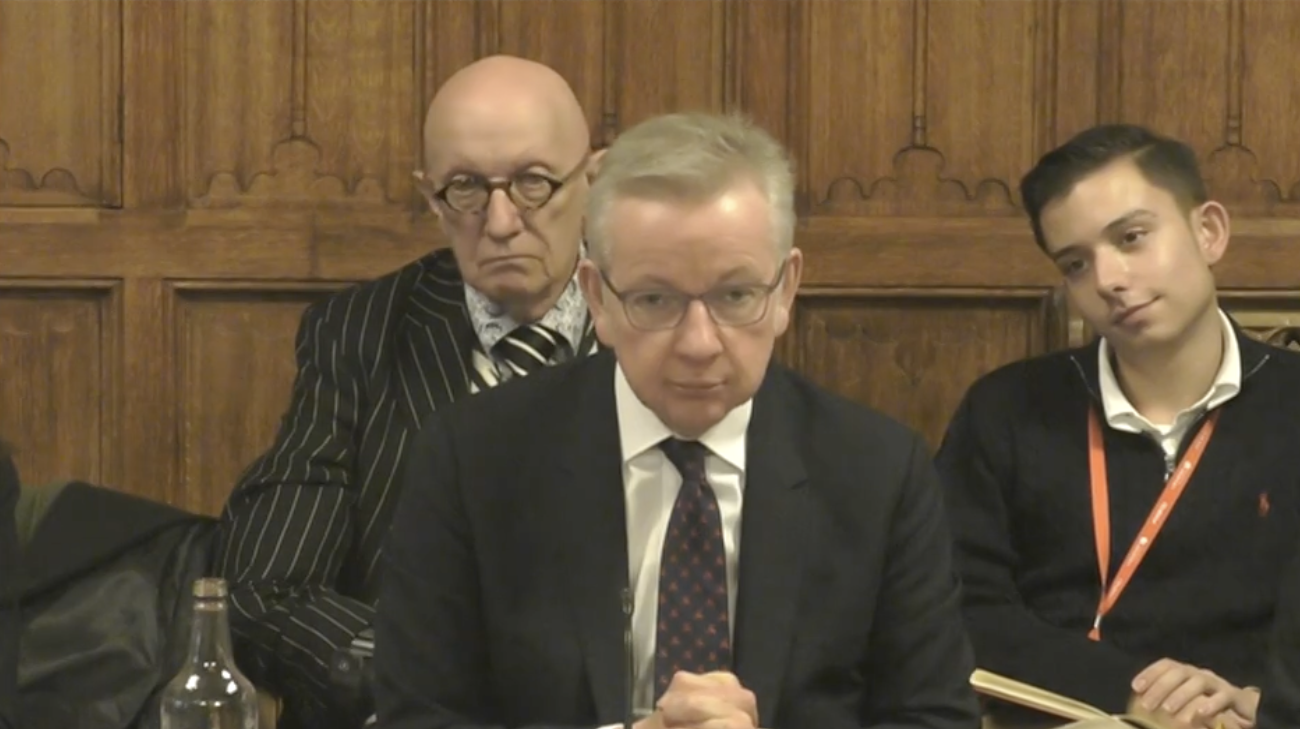Michael Gove has admitted seven-day asylum evictions are “tight and tough’ and “create particular problems”.
The Home Office is also “shunting” the cost of closing asylum hotels onto councils, the secretary of state for levelling up, housing and communities said, amid warnings that thousands of refugees will be pushed onto the streets without urgent financial support.
An effective reduction in the move-on period, coupled with the drive to clear the legacy asylum backlog, has resulted in vast numbers of refugees becoming homeless.
“I do think that seven [days] is tight and tough,” Gove told parliament’s Levelling Up, Housing and Communities (LUHC) Committee, but did not commit to pushing for newly-recognised refugees to be granted 56 days – a period in line with other homelessness laws.
“It was the case that 28 days was assumed to be good practice, but I agree that seven days is something local government has told me does create particular problems.”
Once asylum claims are granted, newly-recognised refugees are granted a 28-day ‘move on’ period. But a change made in August has meant many are being afforded a minimum of seven days after receiving vital paperwork.









